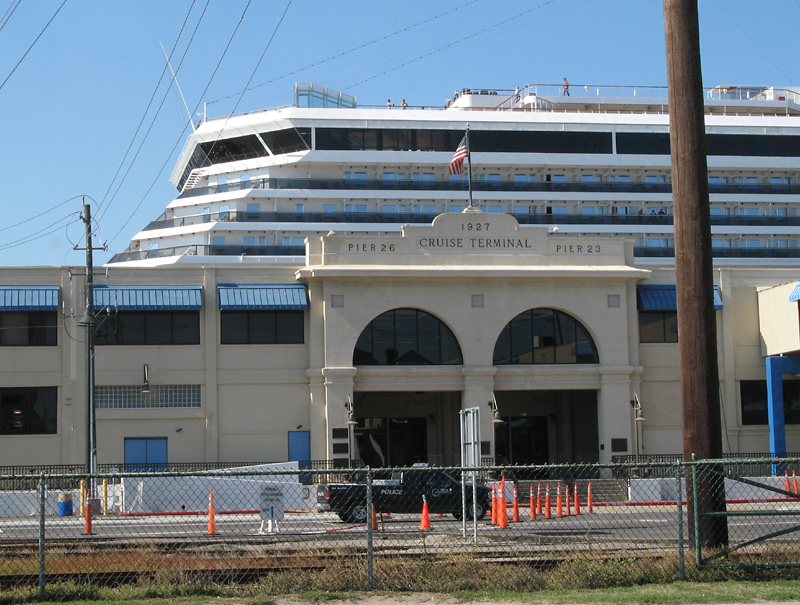west point
Engineer
What if anything other than dock is an ocean liner terminating at ? Or for that matter a sea plane dock ? Airport is an airport.

What if anything other than dock is an ocean liner terminating at ? Or for that matter a sea plane dock ? Airport is an airport.

LaGuardia Airport's Marine Air Terminal at one time was served by Pan Am's famous Boeing 314 'Clipper's, for their transatlantic flights...other seaplane ports are simply seaplane bases...What if anything other than dock is an ocean liner terminating at ? Or for that matter a sea plane dock ? Airport is an airport.



As Thirdrail points out, the dead-end buffer-stop tracks were typically what *necessitated* the extra "terminal activities" and staffing. But I get your point.This definition based on functional activities at a "station" to characterize it as a Terminal, rather than worrying about buffer stops makes much more sense.I think this is the best explanation. I'd like to add terminals often had crews assigned to assist with the movement and positioning of equipment. Remember, push pull trains didn't always exist and railroads didn't always have a locomotive on each end. A lot of "stations" are actually listed as terminals in the employee timetable.All Terminals are Stations. Not all Stations are Terminals.
A Terminal is really defined by stub-end tracks with buffer stops.
That said, some terminals have been converted into through stations later and retained the "terminal" name.
Washington Union station is Washington Terminal, Springfield Union Station in Mass is Springfield Terminal and used to sit in the Springfield Terminal District. New York is in the New York terminal district. The same goes for Richmond.
Enter your email address to join: